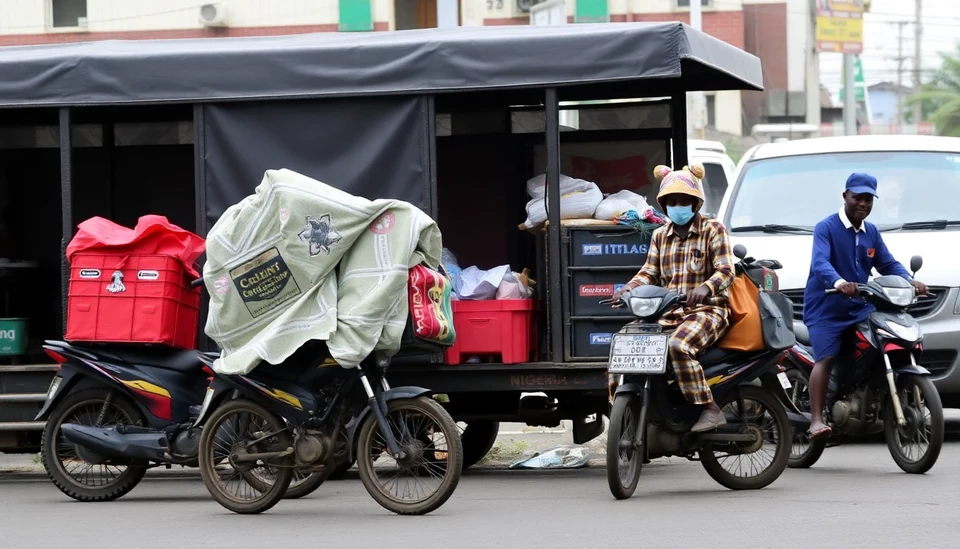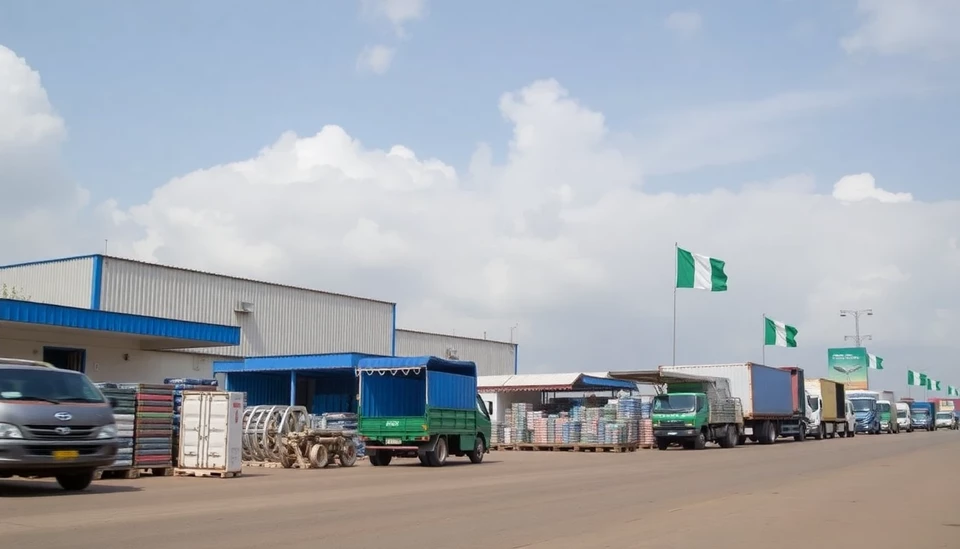
Nigeria has reached a new economic milestone that is far from celebratory, as inflation rates surged to their highest level in 28 years. This alarming trend, driven primarily by escalating transport costs, poses significant challenges for the already struggling economy.
According to recent reports, the inflation rate in Nigeria has jumped to an unprecedented 24.08% as of November, a stark increase compared to previous months. The latest figures released by the National Bureau of Statistics indicate that the monthly inflation rate rose steadily, particularly impacted by the rising costs associated with transportation, which is crucial for the movement of goods across this expansive nation. The surge is attributed to multiple factors, including disruptions in fuel supply and increased logistics costs that have not only hit consumers hard but have also placed immense pressure on businesses.
Transport costs have become a critical concern in Nigeria, as the country grapples with various economic challenges including fluctuating oil prices, currency devaluation, and inadequate infrastructure. With most of the population heavily reliant on road transport for daily commuting and the transportation of goods, any alterations in fuel prices directly affect overall living costs. The rise in these costs has translated into higher prices for essential goods, further aggravating the already dire economic situation for many citizens.
The impact of this rampant inflation is deeply felt across many sectors, especially among the lower-income groups who find it increasingly difficult to afford basic necessities. Food prices have seen significant hikes, leading to a sharp decline in purchasing power for a multitude of families. As many hardworking Nigerians strive to meet their daily needs, the compounding issues stemming from inflation fundamentally alters their quality of life.
Economic analysts warn that if these inflationary pressures are not addressed promptly, they could lead to wider repercussions, including social unrest and declining consumer confidence. Stakeholders in the economy, including policymakers and business leaders, are urged to adopt strategies to stabilize prices and ensure that essential goods remain accessible to all citizens during this tough period.
Moreover, there is ongoing discussion about how various governmental policies, especially those managing fuel subsidies and importation of critical goods, can be adjusted to alleviate some of these financial burdens. Without effective intervention, inflationary trends may only continue to rise, further pushing the country into economic turmoil.
The economic outlook remains uncertain, with many businesses and consumers left grappling with the immediate effects of rising costs. Nigeria, a nation rich in resources and potential, finds itself at a pivotal moment where decisive action and strategic planning can either mitigate or exacerbate the current challenges.
As we move into the new year, all eyes will be on the actions taken by the Nigerian government and central bank to navigate these tumultuous waters and restore stability to the economy.
In conclusion, the rise of inflation to a 28-year high illustrates a critical moment for Nigeria as it grapples with systemic issues that have long plagued its economy. Addressing these challenges will require not just immediate interventions, but also comprehensive long-term strategies to create a more resilient and stable economic framework.
#Nigeria #Inflation #TransportCosts #EconomicCrisis #CostOfLiving #FuelPrices #NigerianEconomy #ConsumerStruggles #EconomicInstability #FinancialPolicy
Author: Daniel Foster




